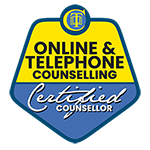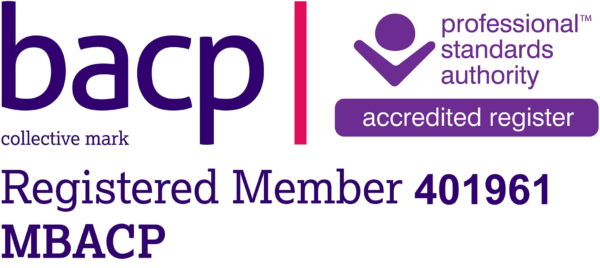
Have you ever walked into your childhood home and suddenly felt like a teenager again? Maybe you find yourself reacting to your parents in ways you thought you’d outgrown—feeling sensitive, defensive, or just not quite like your adult self. This is something many people experience, and it’s completely normal.
At Rise Psychotherapy, we often talk about the inner child—the part of us that holds early memories, emotions, and needs. When we visit our parents, especially during big life changes or holidays, that inner child can wake up. It’s not a setback—it’s a chance to understand ourselves better.
Our inner child shows up when we’re in familiar places or around people who remind us of the past. Old habits and roles can resurface, especially if we haven’t had a chance to update our boundaries or reflect on how we’ve grown. It’s a sign that something important is happening emotionally.
Here are a few simple, research-backed ways to stay calm and present:
While it’s important to stay grounded, it’s also healing to let your inner child feel safe and acknowledged. Nostalgia, playfulness, and vulnerability aren’t weaknesses—they’re ways we connect. You might try journaling, revisiting a comforting childhood activity, or simply being kind to yourself when old feelings come up.
Healing doesn’t mean getting rid of the past—it means making peace with it. You can be the adult who sets boundaries and the child who finds joy in old routines.
Books
Podcasts
Videos
At Rise Psychotherapy, we believe healing is about reconnecting with all the parts of yourself—not becoming someone new. Visiting family can stir up old emotions, but it’s also a chance to grow. When you meet your inner child with compassion and your family with clarity, you create space for real transformation.
You’re not going backwards—you’re moving forward with greater awareness.

